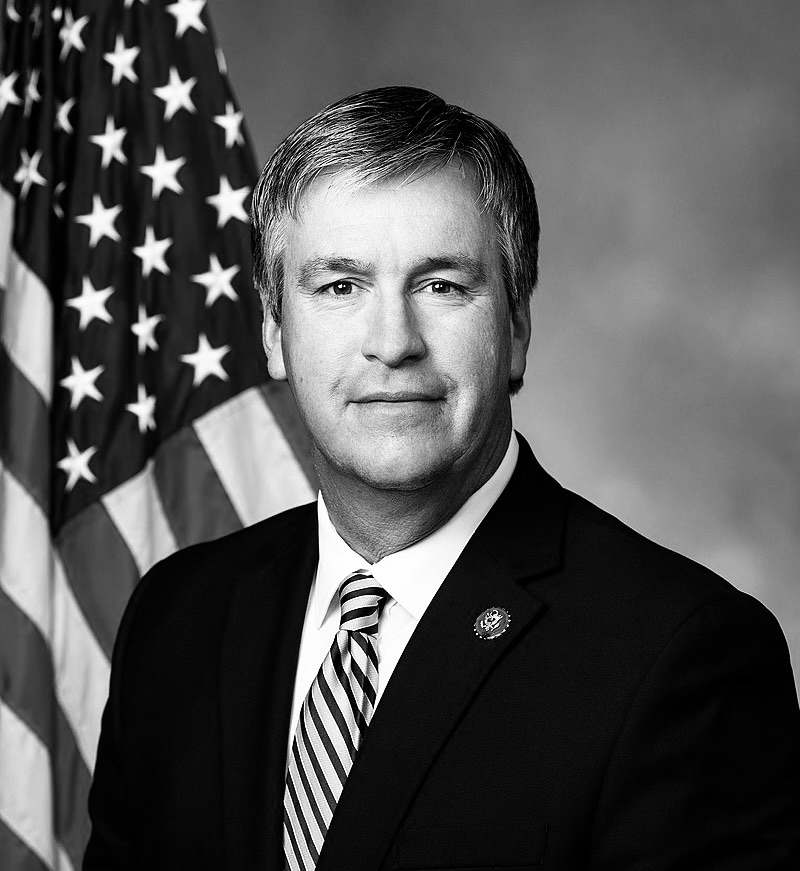WASHINGTON D.C. — Republican Rep. Barry Moore of Alabama is drawing criticism for publicly endorsing the idea of renaming the Gulf of Mexico to the “Gulf of America,” a suggestion widely dismissed as impractical and historically inaccurate. The idea, which gained traction among some conservatives following remarks by former President Donald Trump, has been characterized by critics as another symbolic culture-war battle with no substantive benefit.
The Gulf of Mexico has carried its name for centuries, dating back to Spanish explorers in the early 1500s, who called it the “Seno Mexicano” in recognition of its proximity to Mexico. The name predates the establishment of the United States and reflects the shared geography and history of the nations bordering the Gulf.
Renaming the Gulf would require international agreement, as the body of water borders not only the United States but also Mexico and Cuba. Experts note that any attempt to unilaterally impose a name change would be diplomatically fraught and widely ignored.
The proposal has been met with widespread skepticism, with critics questioning the value of such a move. Many see it as part of a pattern in conservative politics to prioritize symbolic gestures over substantive solutions to pressing issues. Alabama, Moore’s home state, faces numerous challenges, including a struggling education system, underfunded healthcare, and significant infrastructure problems.
Observers argue that pursuing this idea distracts from meaningful policy work and reflects a broader trend of political theater within certain factions of the Republican Party. Trump, known for off-the-cuff remarks that often become rallying cries for his supporters, has repeatedly inspired such symbolic proposals, even when they lack practical merit.
As the United States grapples with complex issues like inflation, climate change, and global instability, the focus on renaming a centuries-old body of water has left many questioning the priorities of elected officials. Critics contend that the energy spent on such proposals could be better directed toward addressing the real challenges facing Americans.

